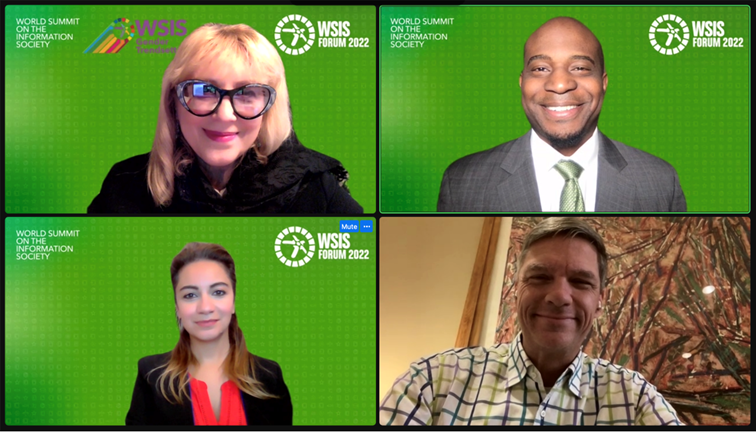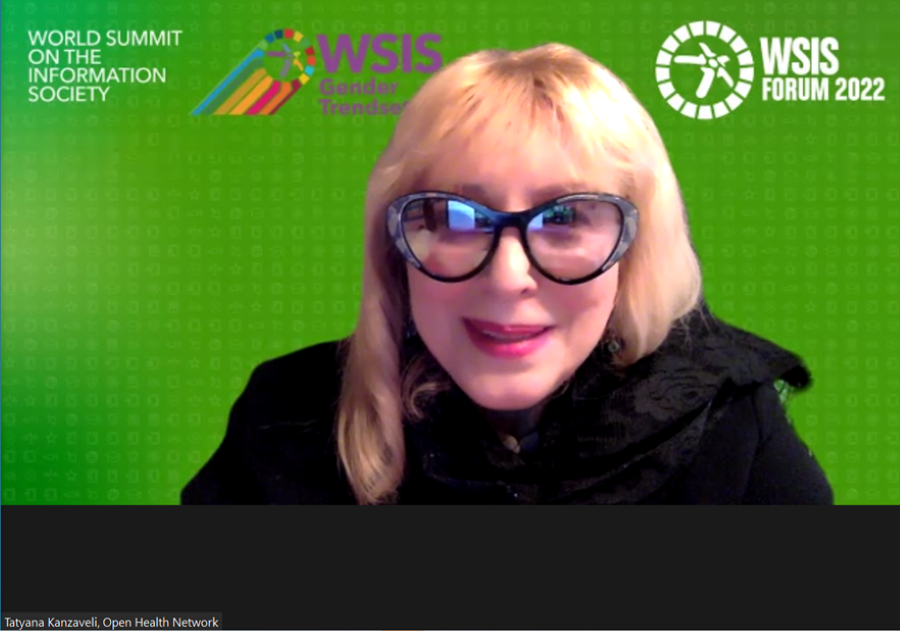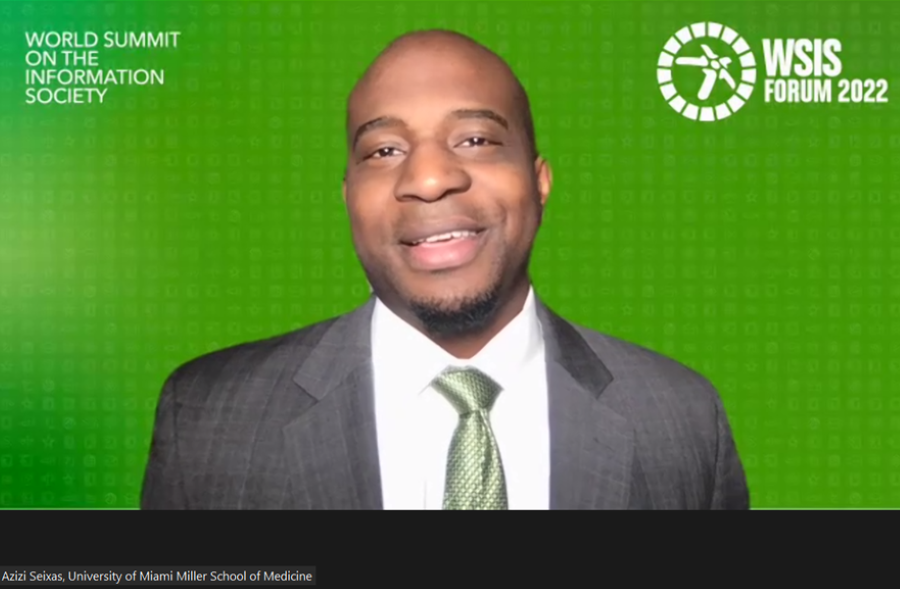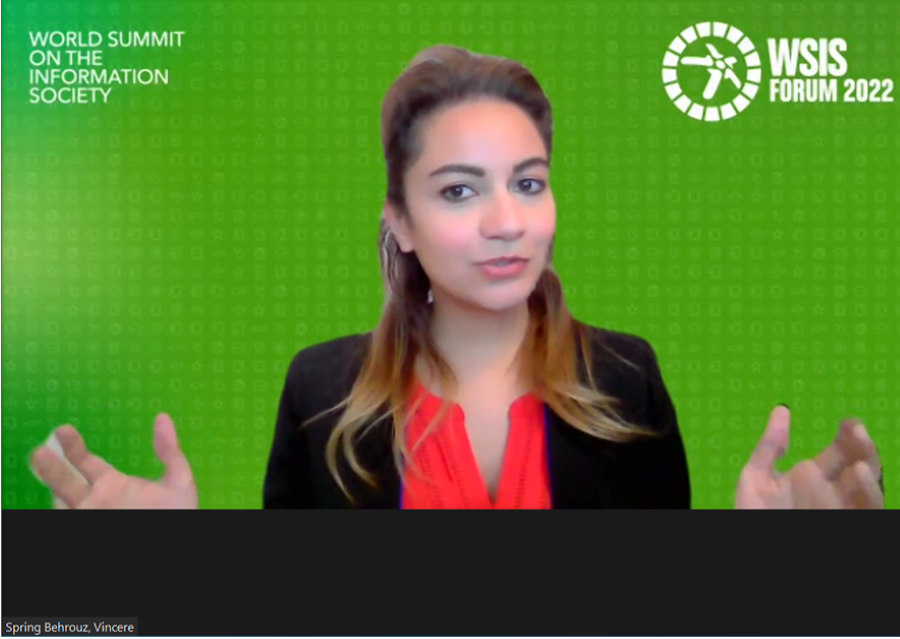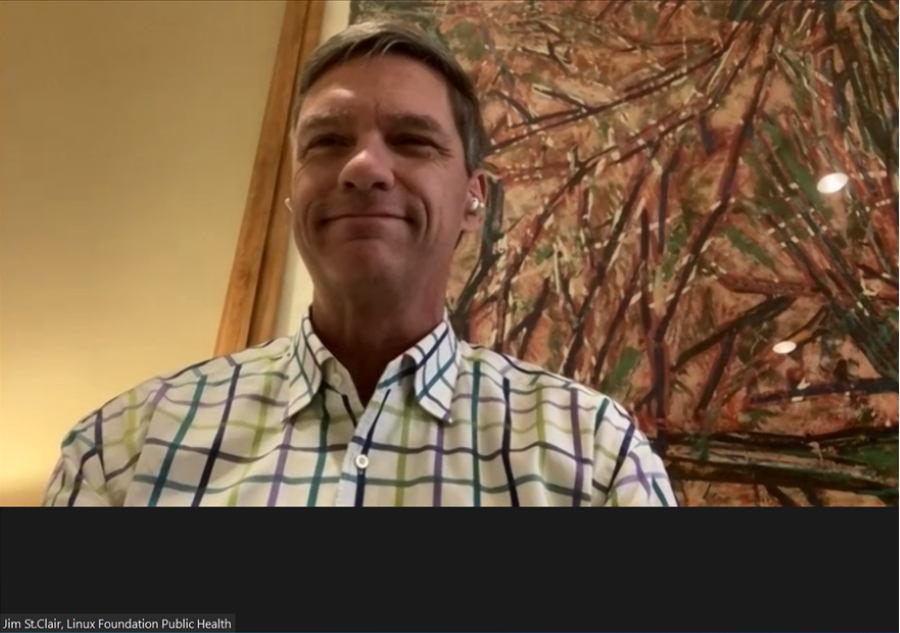Digital Twin and its role in healthcare: personalized care, drug development, and more
Open Health Network
Session 146
Digital Twin is the future of healthcare
In this session we will discuss the concept of a Digital Twin. Potential use of Digital Twin in healthcare: drug development, personalized, adaptive care and beyond. We will give examples of real life deployment of Digital Twin concept in healthcare. Review challenges and opportunities.
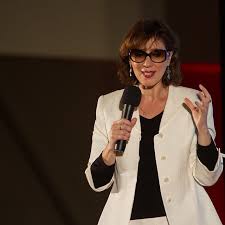
Tatyana Kanzaveli has gone from a programmer to senior executive at Big 5 to founder and CEO of a startup company along her 20 year career,recognized as a thought leader, mentor for her ability to guide Fortune 500 and startup companies through business challenges.
She’s worked for major companies like PricewaterhouseCoopers and Fujitsu and startups in the early days of the Web.
Tatyana has personally helped companies jump from 0 to millions in revenue even during the toughest economic times. She opened new verticals and markets.
Today she is the founder and CEO of Open Health Network, the startup in a Big Data, Blockchain and Artificial Intelligence in Healthcare space. PatientSphere by Open Health Network has been featured in Venture Beat, Mobile Health News, and other prominent publications.
She is a mentor at 500Startups and Richard Branson Entrepreneurs Centre and serves on boards for private companies. She also is licensee and organizer of highly notable TEDxBayArea conferences, she is a frequent speaker at US and International conferences on innovation, entrepreneurship and digital health.
Tatyana has been featured in the White House blog , spoke at the United Nations, presented at the first White House Demo Day hosted by the President Obama, did a TEDx talk; keynoted at WEBIT, WSIS and other international conferences.
Tatyana has been recognized as one of the top 10 Influential Women in Healthcare IT in 2015 and by Forbes as one of the top 50 women-led startup in tech founders.
Tatyana was USSR chess champion, played in the same team with Gary Kasparov, she loves to cook and kayak.
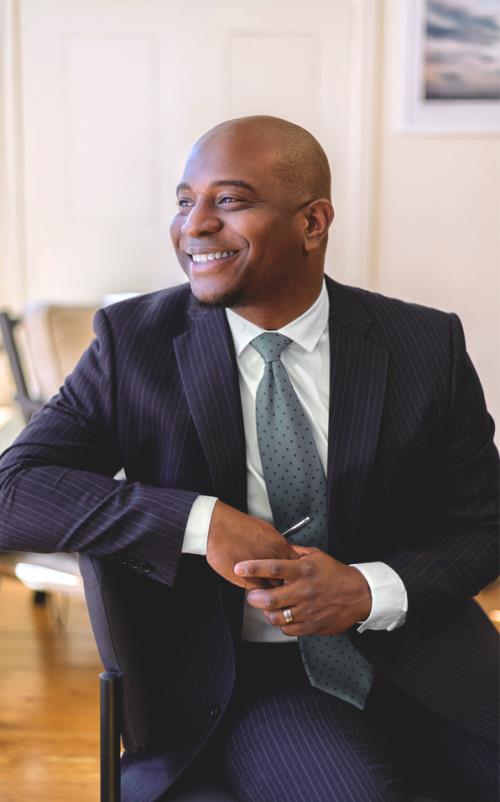
Dr. Seixas is an Associate Professor at University of Miami Miller School of Medicine, with a background in population health and psychiatry. His work as a biomedical researcher, scientist, and health-tech innovator sits at the intersection of health behaviors, technology, and lifestyle—and strives to create better healthcare solutions for all. Dr. Seixas has been featured in media outlets including CBS, CNN, and NBC, and is a sought-after speaker for organizations including the National Institutes of Health.
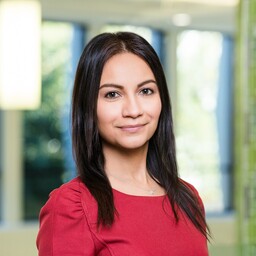
Over 15 years working on Parkinson's disease. Founding CEO at NeuroInitiative since 2014 where she laid out a vision for applying advanced computational drug discovery methods which led to creation of Vincere Biosciences where she is also CEO. Previously she worked with Matt Farrer at Mayo clinic to characterize genetic models of Parkinson's disease and was part of the team that discovered a new pathogenic mutation in VPS35. Her PhD work implemented cutting edge laser capture, microarray, and in vivo siRNA techniques to identify protective genomic changes in Parkinson’s models. Recipient of JBJ’s 40 under 40 award, winner of One Spark’s science award, and supporter of science on the TEDx and March for Science stages.
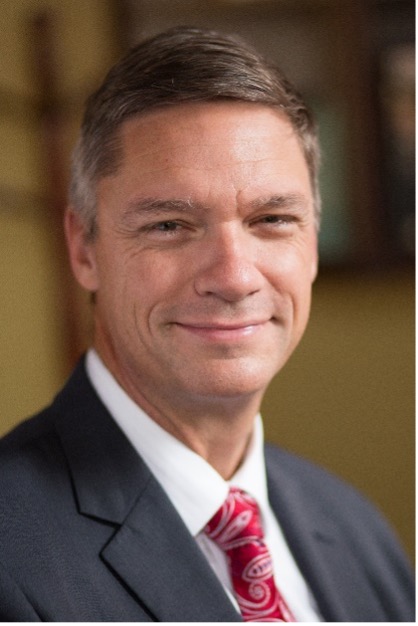
Jim is the Executive Director of the Linux Foundation Public Health (LFPH which promotes and curates open source software to help public health authorities (PHAs) and other healthcare organizations with an open source digital health ecosystem. Jim is also contributing to several ISO, HL7 and IEEE Working Groups to develop new standards for decentralized identity, patient data and distributed ledger systems. Jim is a veteran and former naval officer, having served in both active and reserve capacity.
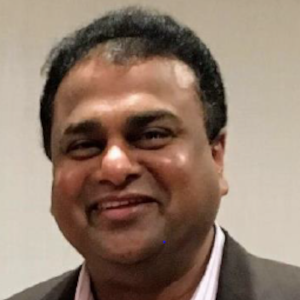
Ashok Chennuru is a veteran Anthem employee with 20 years + experience. He currently serves as the Chief Data and Analytics Officer. In this role he over oversees enterprise data management, AI & Digital Strategy, technical delivery of all capabilities in Provider Collaboration/Enablement & Analytics, Clinical and Member Management analytics, technical delivery of Commercial and Government Risk Adjustment initiatives, Medicare revenue Management including STARS, and Clinical quality Management(HEDIS), program integrity (Fraud, Waste and Abuse) for Commercial and Government markets, technical delivery of Employer Analytics, Health Information Technology strategy, and technical delivery and Architecture for Anthem around its Provider Data Strategy including the integration and operational uses to feed the data in the Common Data Foundation to the consuming platforms to support directories, claims payment provider portal and Consumer facing solutions. Prior to joining Anthem, Ashok led the Information Business Intelligence team in Liberty Mutual and focused on delivering analytics to key business areas like Actuarial & Finance. Preceding Liberty Mutual, Ashok worked in software giants SAP and Oracle as a software development engineer focused on analytics products. Ashok holds a Master’s degree (MS) in Computer Science from University of Missouri and BS in Computer Science and Engineering from Madurai University in India.
-
 C3. Access to information and knowledge
C3. Access to information and knowledge
-
 C4. Capacity building
C4. Capacity building
-
 C6. Enabling environment
C6. Enabling environment
-
 C7. ICT applications: benefits in all aspects of life — E-health
C7. ICT applications: benefits in all aspects of life — E-health
-
 C7. ICT applications: benefits in all aspects of life — E-science
C7. ICT applications: benefits in all aspects of life — E-science
WSIS action lines:
2) Information and communication infrastructure: an essential foundation for an inclusive information society
• Access • Accessibility • Affordability • Assistive technologies • Broadband network infrastructure • Digital inclusion • Enabling and competitive environment • ICT backbone • ICT connectivity • ICT equipment • ICT services • Infrastructure • Internet exchange points • Investment • Satellite • Traditional media • Remote and marginalized areas • Ubiquitous computing/communications • Universal access/service • Wireless.
3) Access to information and knowledge
• Access to public official information • Access to scientific knowledge • Digital public libraries and archives • ICTs for all • Multi-purpose community public access points • Open source, proprietary and free software • Public access to information • Public domain information.
4) Capacity building
• Basic literacy • Distance learning • Education/training • E-literacy • Gender • Combating illiteracy • Life-long learning • Research and development (R&D) • Self-learning • Teacher training • Training ICT professionals • Volunteering • Youth
7) ICT applications: benefits in all aspects of life
• Disaster recovery • E-applications • E-agriculture • E-business • E-commerce • E-employment • E-environment • E-government • E-health • E-publishing • E-science • ICT waste disposal • Sustainable production and consumption • Teleworking • Transparency.
-
 Goal 3: Ensure healthy lives and promote well-being for all
Goal 3: Ensure healthy lives and promote well-being for all
